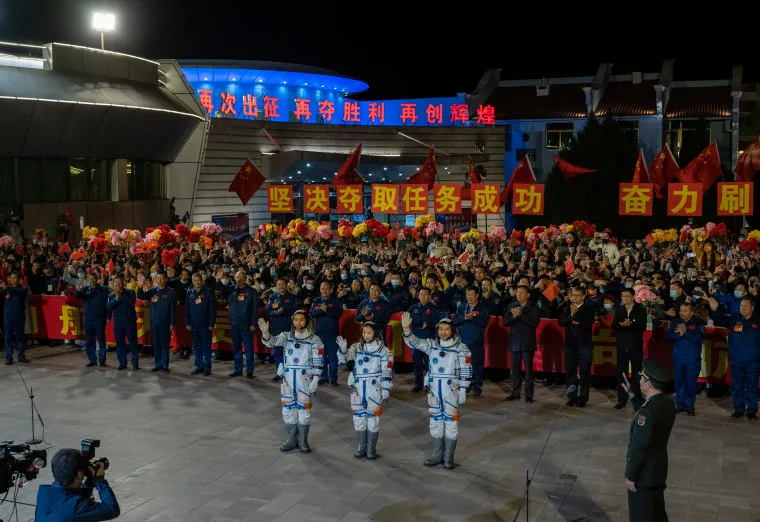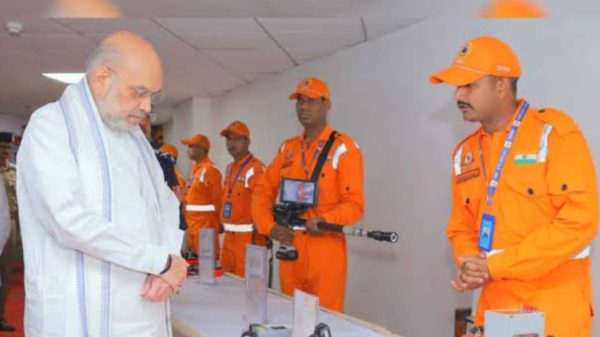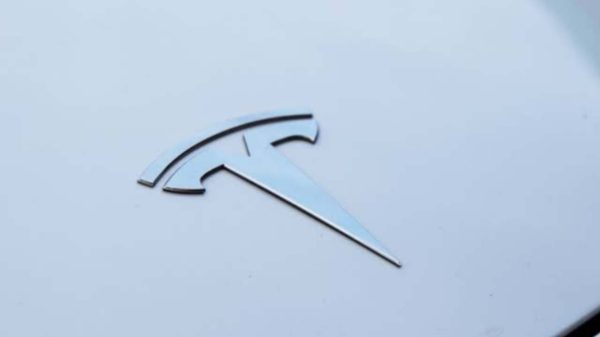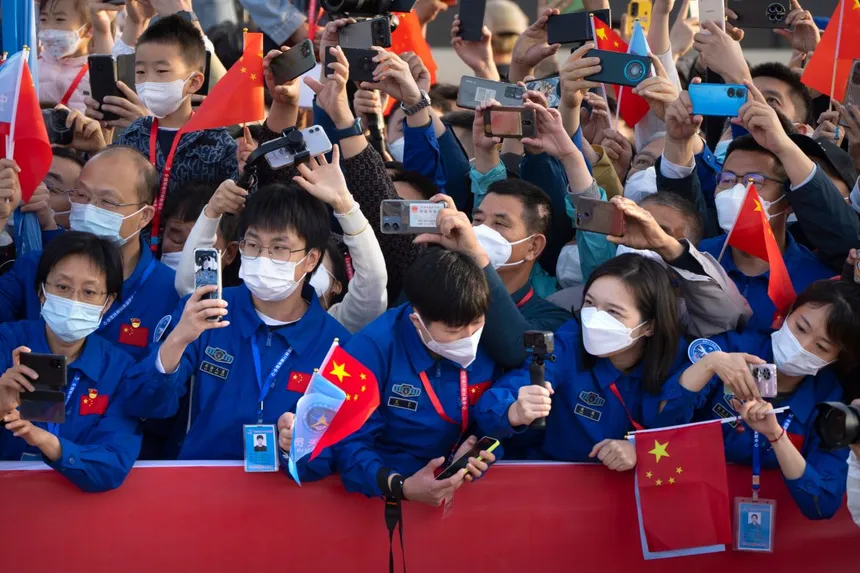China has launched a new three-person crew to its orbiting space station, Tiangong, as part of its ongoing efforts to expand its exploration of outer space. The mission marks a significant milestone in China’s space program, which was established in 2003 after the country became the third nation to launch a crewed space mission, following the Soviet Union and the United States. The crew, consisting of two men and one woman, will replace the astronauts who have been living on the space station for the past six months and will stay until April or May next year. The team is led by commander Cai Xuzhe, who has previously flown on the Shenzhou-14 mission, and includes Song Lingdong and Wang Haoze, both of whom are first-time space travelers. Wang, an engineer with the China Aerospace Science and Technology Corporation, will serve as the crew’s payload specialist and become the third Chinese woman to fly on a crewed mission.
The Shenzhou-19 spacecraft, which carried the crew, lifted off from the Jiuquan Satellite Launch Centre in northwest China at 4:27 am local time atop a Long March-2F rocket, a workhorse of China’s crewed space missions. The mission is part of China’s efforts to expand its space capabilities, including its plans to send a person to the Moon before 2030, which would make China the second nation after the United States to do so. China’s space agency also aims to build a research station on the Moon and has already transferred rock and soil samples from the little-explored far side of the Moon, a global first.

China Expands Its Space Boundaries with New Crew Mission (Image via Getty)
Despite China’s progress in space exploration, the United States remains a dominant player in the field, with plans to land astronauts on the Moon for the first time in more than 50 years. However, NASA has pushed back the target date to 2026 earlier this year. The new crew on China’s space station will perform spacewalks and install new equipment to protect the station from space debris, some of which was created by China. According to NASA, large pieces of debris have been created by “satellite explosions and collisions,” and China’s firing of a rocket to destroy a redundant weather satellite in 2007 and the “accidental collision of American and Russian communications satellites in 2009 greatly increased the amount of large debris in orbit.”
In the event that the crew has to return to Earth earlier, China’s space authorities say they have measures in place. The country’s space program is a source of enormous national pride and a hallmark of China’s technological advances over the past two decades.



































